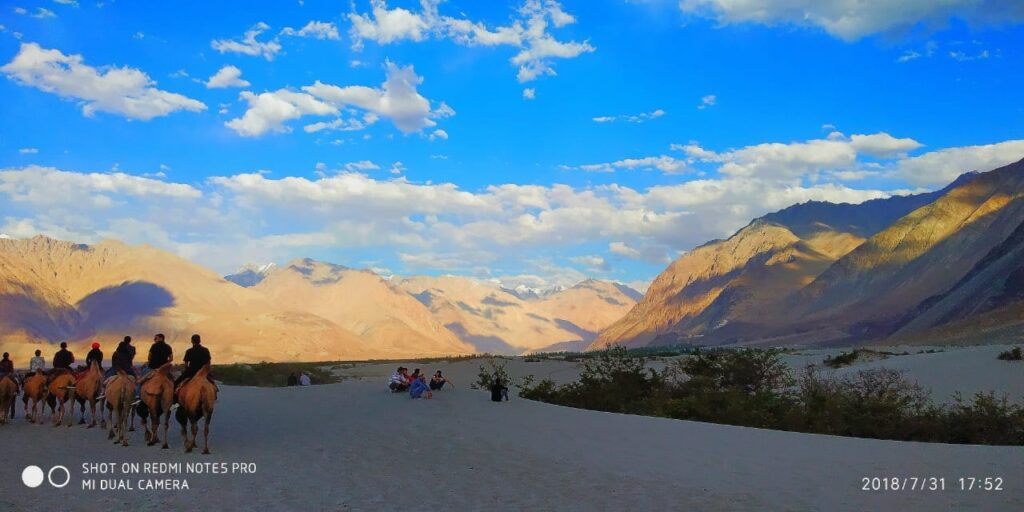Climate change leads to an increase in the sea level, droughts, storms, floods, a decrease in productivity, coral bleaching, and many other detrimental and irreversible effects. The wetlands are the most productive ecosystems of the world. These wetlands are considered fundamental for human wellbeing and the needed environmental sustainability. The worldwide wetlands are very rich in biodiversity as around 40% of the whole world’s species live and propagate in these wetlands. The unconditional ecosystem services provided by wetlands are considered higher because the services provided are very hard to comprehend. The basic and necessary services provided by the productive wetlands include maintaining the water quality, source, and sink of greenhouse gases, soil sediment retention, livelihood, home to millions of migratory birds, and finally acts as the largest reservoir of carbon. These wetlands are one of the most threatened ecosystems on earth.
